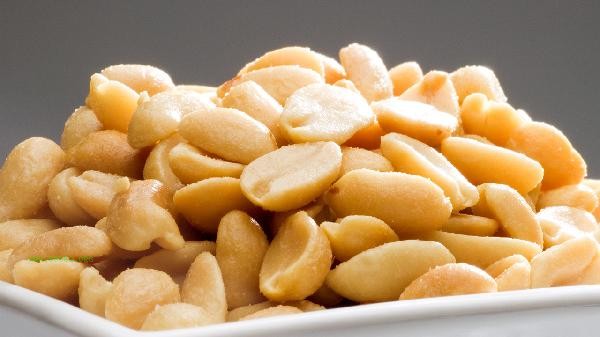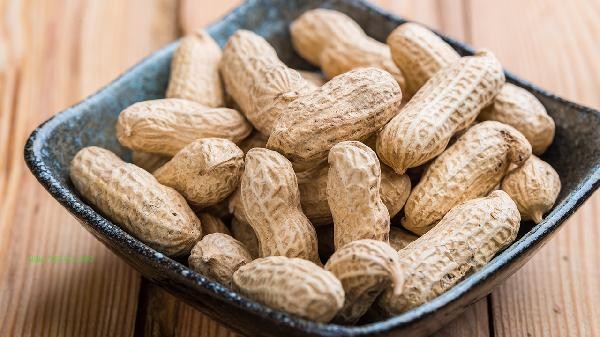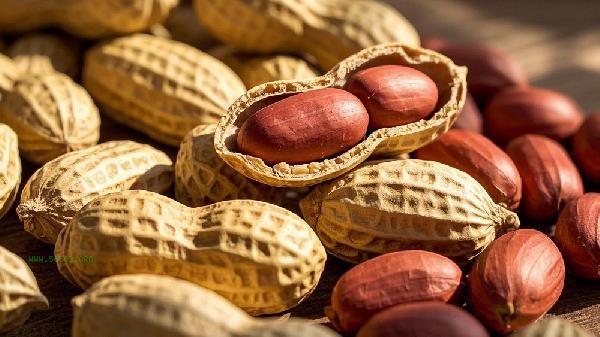It is generally not recommended to continue consuming peanuts after they have become infested with insects. They can be treated through methods such as high-temperature exposure, freezing to kill insects, and sealed storage. Peanut infestation is mainly related to factors such as humid storage environment, prolonged storage time, and inadequate sealing.

1. High temperature exposure
Lay insect infested peanuts flat and expose them to sunlight for several hours, using high temperature and ultraviolet radiation to kill insect eggs and adults. After exposure to sunlight, it is necessary to screen for insect corpses and debris to avoid residual insect contamination. This method is suitable for situations where the pest infestation is relatively mild and the peanuts are not moldy. It is recommended to consume them as soon as possible after treatment.
2. Freezing insecticide
Put peanuts into sealed bags and freeze them in the freezer for more than two days. Low temperature can effectively kill the insect eggs. After freezing, it is necessary to check whether the peanuts have frostbite or spoiled. If the texture becomes soft or produces an odor, they should be discarded. Peanuts that have been frozen can be stored for a long time, but their taste may slightly decrease.
3. Sealed storage
Use a vacuum sealed jar or double-layer fresh-keeping bag to isolate the air for storage, and add food desiccants to absorb moisture. Before sealing, it is necessary to ensure that the peanuts are completely dry and free of insects, and regularly check the container for air leaks. This method is suitable for preventing pest infestations, and other treatment measures should be combined with peanuts that have already been infested with pests.

4. Sichuan pepper deworming
Put Sichuan pepper wrapped in gauze in a storage container, and its volatile components can drive away pests. It is advisable to pair 10 grams of Sichuan peppercorns with every kilogram of peanuts, and replace the Sichuan peppercorns once a month. This method, as an auxiliary tool, needs to be combined with other insecticidal methods.
5. Screening and discarding
Peanuts with severe insect infestation or mold spots should be discarded directly, as moldy peanuts may produce aflatoxins. When selecting, observe whether the peanut skin is intact, pinch and check for insect tracks or black powder inside. Moldy peanuts usually have a crackling taste.

To prevent peanut infestation, attention should be paid to maintaining a dry and ventilated storage environment, with relative humidity controlled below 60%. Newly purchased peanuts can be exposed to sunlight before being sealed and stored to avoid mixing with damp items. Regularly inspect the inventory of peanuts and promptly deal with pest infestations. If you accidentally eat a small amount of insect infested peanuts, it usually does not harm your health, but if you experience abdominal pain and diarrhea, you need to seek medical attention. It is recommended to purchase peanuts in small quantities multiple times in daily life to reduce the risk of long-term storage. Choosing peanuts with shells can reduce the probability of insect infestation.









Comments (0)
Leave a Comment
No comments yet
Be the first to share your thoughts!